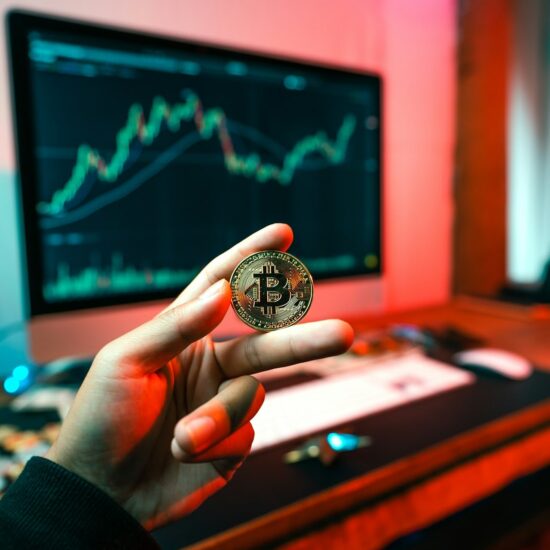
Common Crypto Myths Debunked for 2026
Welcome to 2026, where cryptocurrency is just another part of the financial landscape. Ten years ago, this would have been…
Cryptocurrency is a type of digital currency based on a peer-to-peer networking model called Blockchain. Blockchain is a trending technology that can easily manage the record of these cryptocurrency transactions. Blockchain, which has acquired a new identity in organizations. Cryptocurrencies sit on top of those identities in the market.

Welcome to 2026, where cryptocurrency is just another part of the financial landscape. Ten years ago, this would have been…
Buying crypto with Chime is possible, but it works differently compared to using a traditional bank or a major credit…
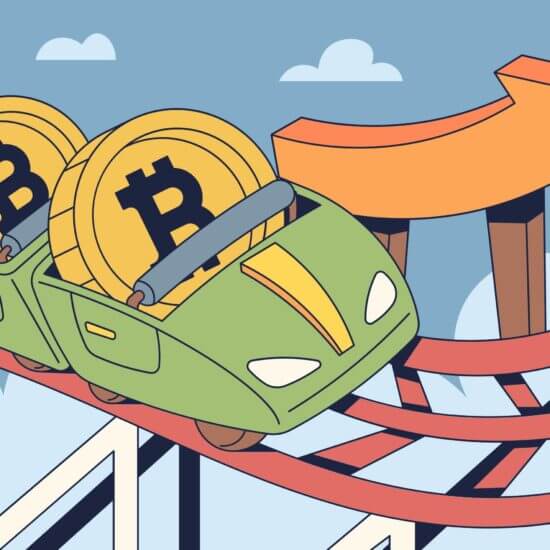
B2B crypto payments have evolved from a niche experiment into a strategic financial instrument used by companies that want predictable…
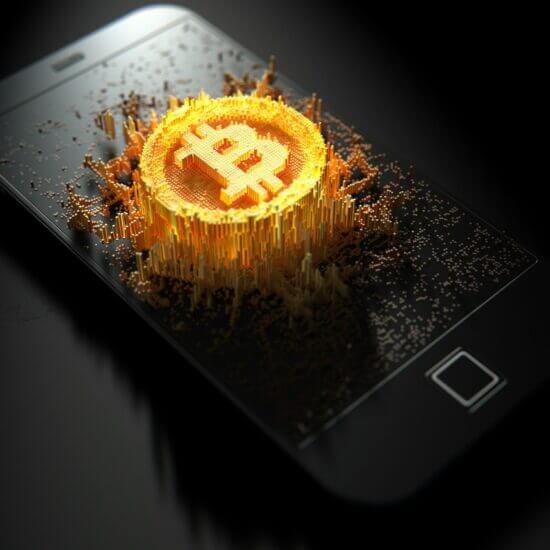
Bitcoin’s main strength is in its simplicity and security. It is a network that prioritizes trust and permanence. As the…
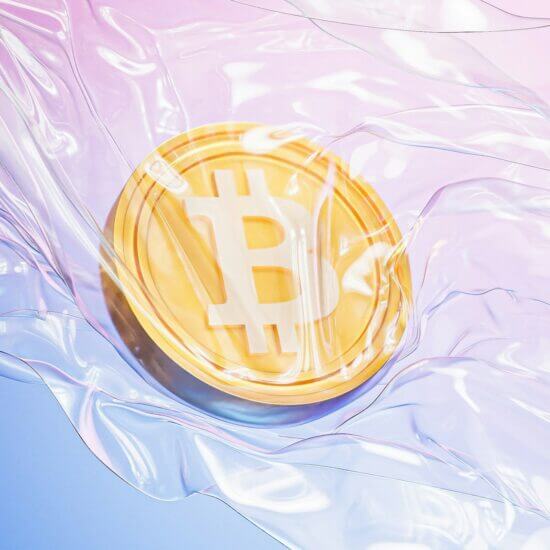
The world of cryptocurrency is full of complexity that is confused with brilliance. There are so many projects, tokens, and…

If you care about financial privacy as a crypto investor, you’ve likely examined Monero. Unlike Bitcoin or Ethereum with transparent…

More businesses are looking at cryptocurrency as a real option for their operations. More than 6,000 businesses accept bitcoin as…
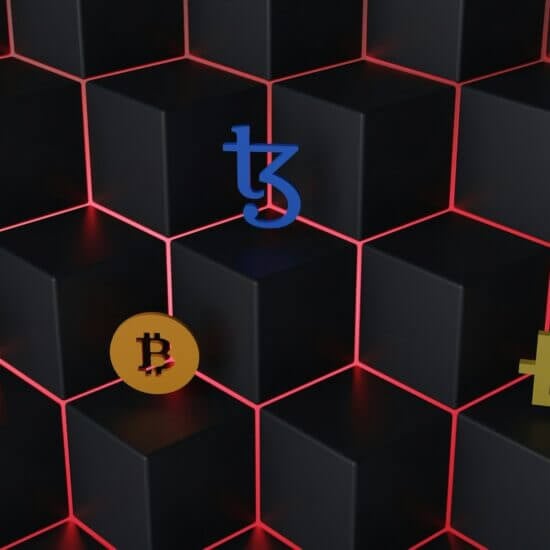
At its core, cryptocurrency mining relies on powerful, specialized computing devices. These aren’t your home PC or generic graphics cards.…
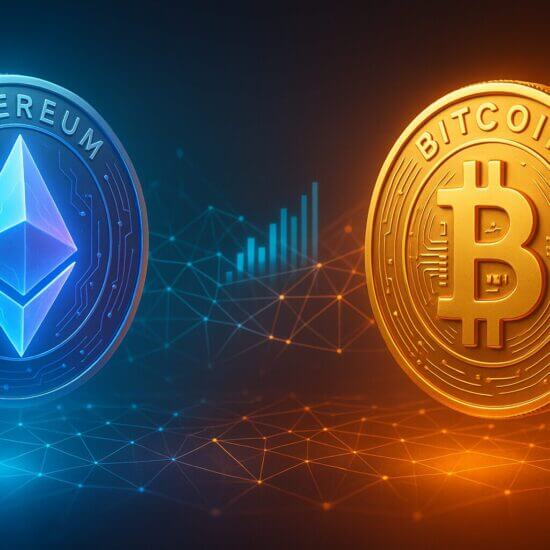
Since the early days of cryptocurrency, Bitcoin and Ethereum have dominated headlines, debates, and investment portfolios. They’re often mentioned in…
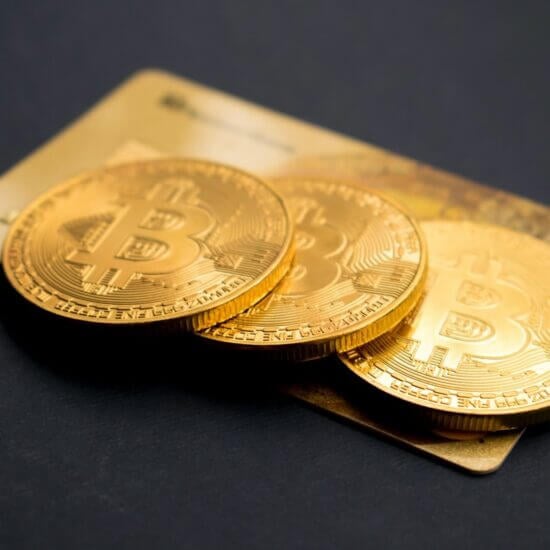
In the past few years, Bitcoin-backed loans have started to change the borrowing game. These loans let you use your…
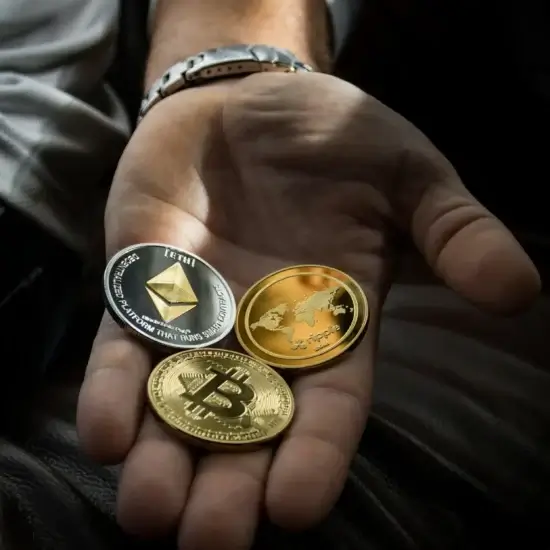
By the end of 2025, the crypto world could not only be more refined but also more out of control.…

When most of us think of using cryptocurrency, our minds go to speculative trading. There is a good reason for…